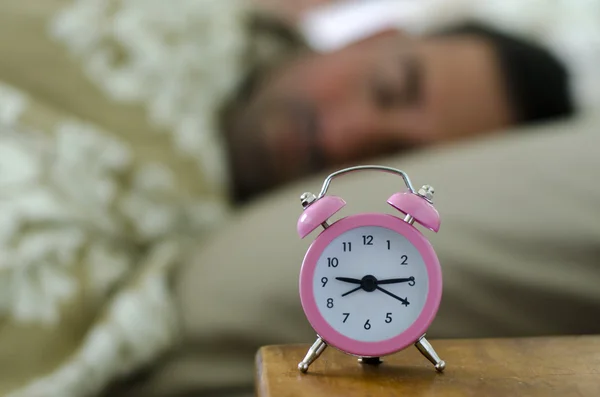Getting enough sleep is essential for good health and well-being. But how much sleep do you really need? The answer to that question can vary depending on factors such as age, lifestyle, and individual sleep needs. In this blog post, we’ll take a closer look at the science of sleep and explore how much sleep you really need to feel your best.
The Importance of Sleep
Before we dive into the specifics of how much sleep you need, let’s take a moment to explore why sleep is so important. Sleep plays a crucial role in many aspects of physical and mental health, including:
- Restoring and repairing tissues and cells
- Strengthening the immune system
- Promoting cognitive function and memory consolidation
- Regulating mood and emotions
- Supporting cardiovascular health
- Promoting healthy weight and metabolism
- Reducing stress and anxiety
The Science of Sleep
So, how much sleep do you really need? The answer to that question can vary depending on your age and individual sleep needs. The National Sleep Foundation offers the following general guidelines for recommended sleep durations:
- Newborns (0-3 months): 14-17 hours per day
- Infants (4-11 months): 12-15 hours per day
- Toddlers (1-2 years): 11-14 hours per day
- Preschoolers (3-5 years): 10-13 hours per day
- School-age children (6-13 years): 9-11 hours per day
- Teenagers (14-17 years): 8-10 hours per day
- Adults (18-64 years): 7-9 hours per day
- Older adults (65+ years): 7-8 hours per day
It’s worth noting that these guidelines are just that: guidelines. Some people may need more or less sleep than what’s recommended based on their individual sleep needs and lifestyle factors.
Factors That Affect Sleep Needs
Several factors can affect how much sleep you need, including:
- Age: As we age, our sleep needs tend to decrease. Older adults may require less sleep than younger adults.
- Lifestyle factors: Factors such as stress, physical activity, and diet can all affect how much sleep you need.
- Genetics: Some people may simply have a genetic predisposition for needing more or less sleep.
- Health conditions: Certain health conditions, such as sleep apnea or chronic pain, can interfere with sleep quality and quantity.
How to Determine Your Ideal Sleep Duration
If you’re not sure how much sleep you need, there are a few things you can do to determine your ideal sleep duration:
- Pay attention to your body: Take note of how you feel after different amounts of sleep. If you feel rested and alert after 7 hours of sleep, that may be your ideal sleep duration.
- Experiment: Try gradually adjusting your sleep duration by 15-30 minutes at a time until you find your ideal amount of sleep.
- Talk to your doctor: If you’re having trouble sleeping or feeling rested, talk to your doctor. They can help you determine if there are underlying health conditions or other factors affecting your sleep.
Getting enough sleep is essential for good health and well-being. By understanding the science of sleep and paying attention to your individual sleep needs, you can help ensure that you’re getting the right amount of sleep to feel your best.



